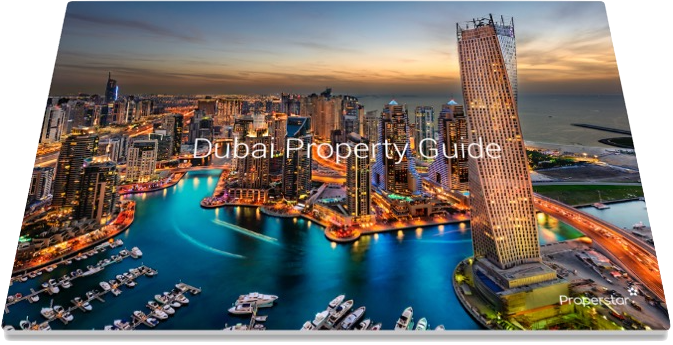
Guide to buying property in Dubai
Guide to buying property in Dubai
Investing in Dubai real estate is now easier than ever - check out the steps!
Dubai property guide
Investing in real estate is always a certain risk, but when it comes to international property, it’s even more tough, because you’ll need to consider specific conditions of a new market. When living and buying in Europe, it might be a little bit easier as markets are mature and have stable rules for ages. But the United Arab Emirates (and Dubai as a part of it) is a Middle East country that seems to be very different to Europe, to Asia and to the United States. In spite of this, more and more people are heading to Dubai to buy an apartment or even a villa with specific advantages and benefits. And that’s our goal to explain why it can be worth buying in Dubai and how you can do it.
Dubai is not a capital of the United Arab Emirates, but it gains much more tourist traffic from all over the world. Most likely you know it’s the home to the highest building in the world – Burj Khalifa which attracts a lot of people, as well as such prominent neighbourhoods like Dubai Marina or Palm Jumeirah. The ROI of properties in touristic areas is quite high due to never ending demand for rentals. And if we compare house prices in Dubai and other cities around the world, we’ll see Dubai is more affordable, e.g. the average price per sq m in Dubai is $3,978 (14,601 AED), while in Paris it’s $12,767 (46,855 AED), in London - $16,939 (62,169 AED) and in New York - $14,753 (54,145 AED).
Our Dubai property guide will shed more light on:
- Home prices in different areas (incl. new developed neighbourhoods)
- Taxes for non-residents (no property taxes so far)
- Mortgage options (in Dubai and in your country)
- Purchase process and much more.
Request Dubai Property Guide now
Find out all the details about buying property and settling down in Dubai, incl. real estate market trends and peculiarities from locals. We'll share with you a wealth of experience around property in Dubai.
